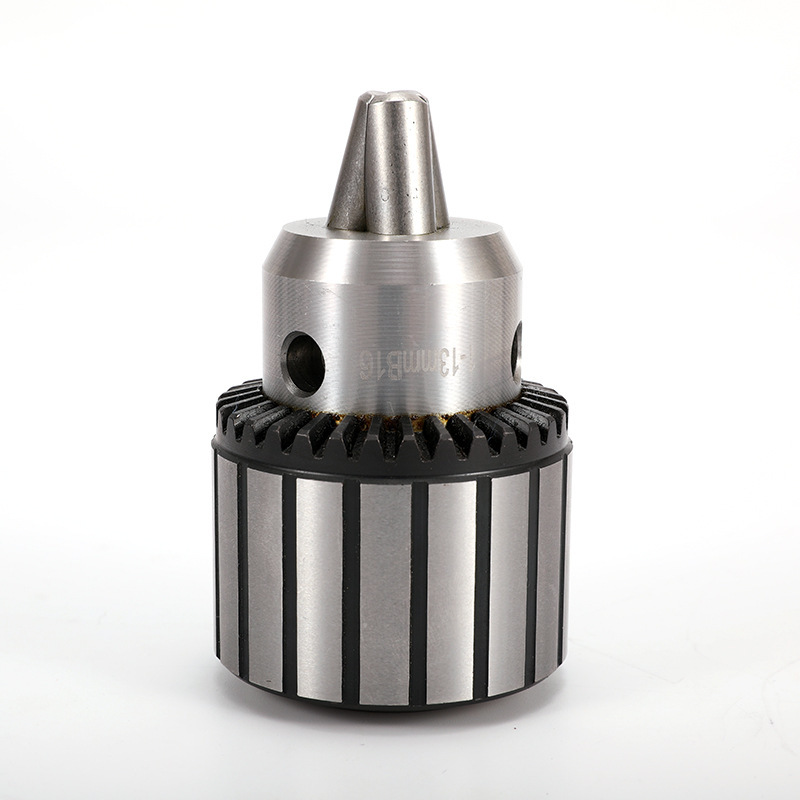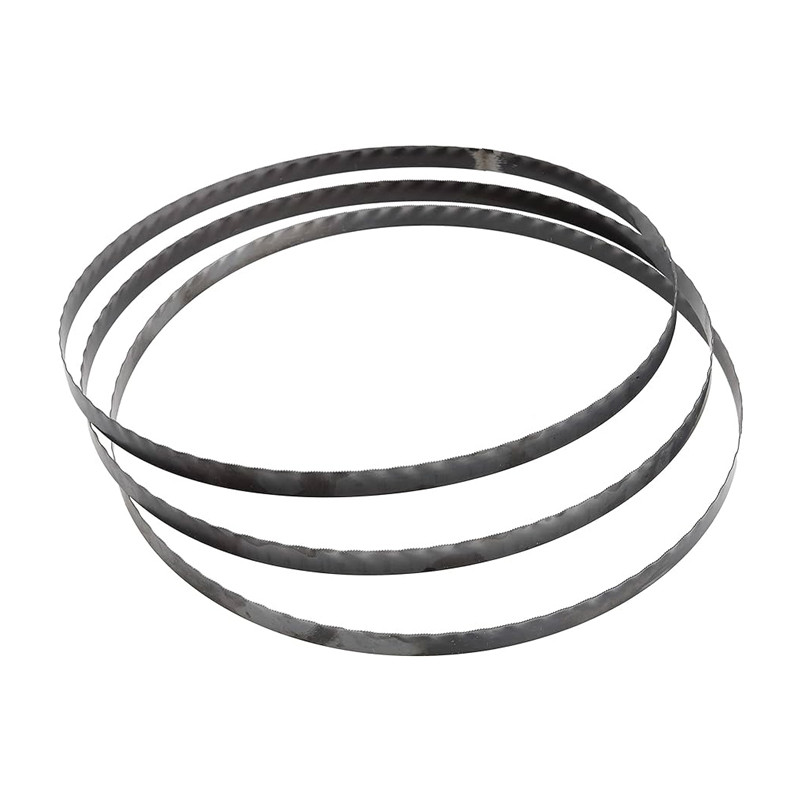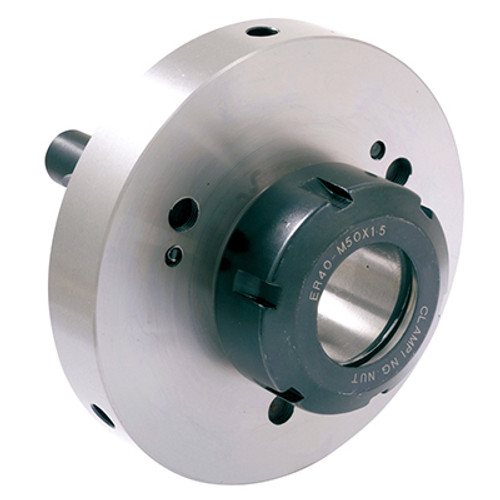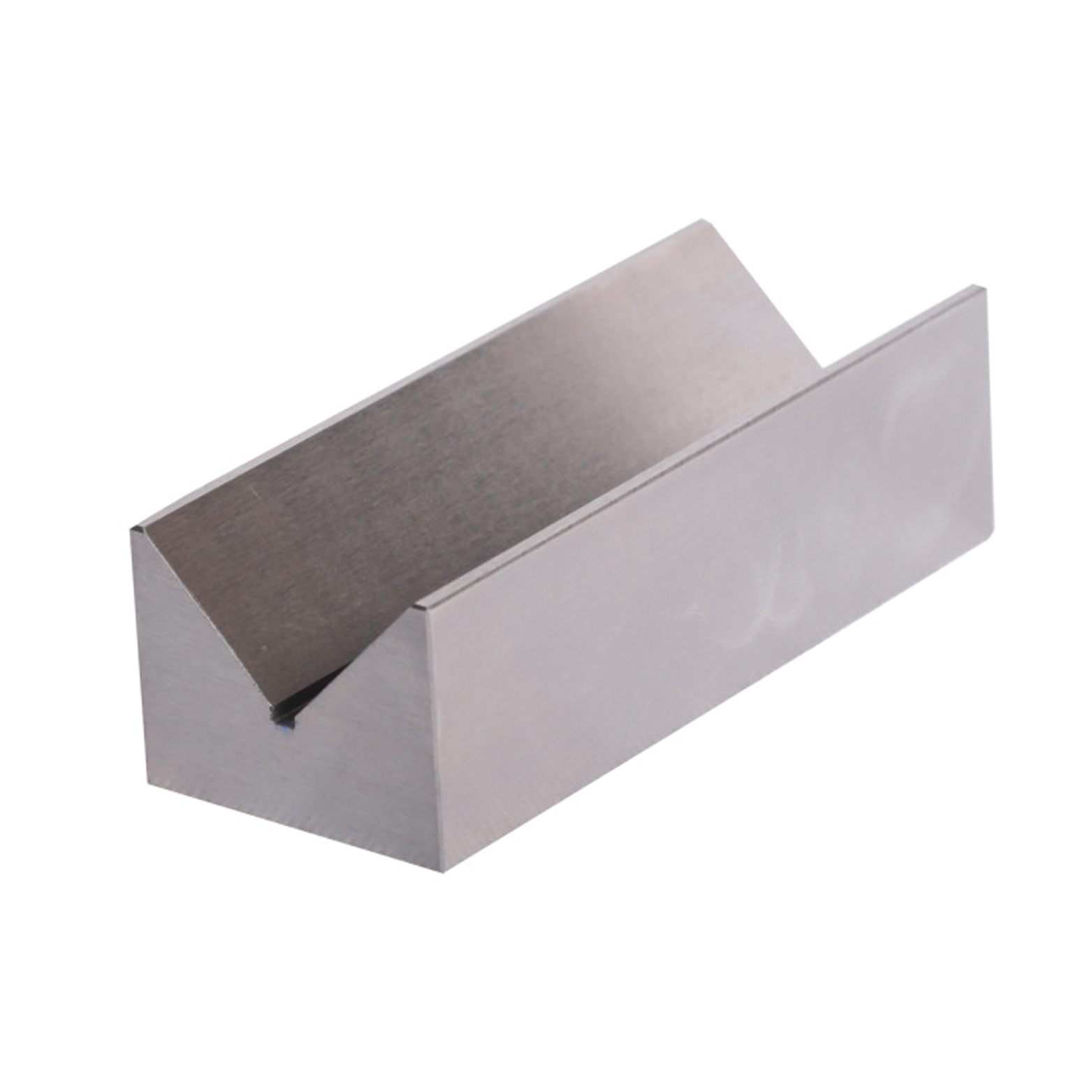bandsaw blades Suppliers
Finding the right bandsaw blades Suppliers can be challenging. This guide explores the key factors to consider when choosing a supplier, the different types of blades available, and tips for selecting the best blade for your specific cutting needs. Learn about material compatibility, blade specifications, and essential maintenance practices to maximize blade lifespan and cutting performance.
Understanding Bandsaw Blades
Before diving into bandsaw blades Suppliers, it's essential to understand the basics of bandsaw blades themselves. These blades are used in a variety of applications, from woodworking to metalworking, and choosing the correct blade is crucial for achieving clean and accurate cuts.
Types of Bandsaw Blades
Bandsaw blades come in various types, each designed for specific materials and cutting tasks. Here are some common types:
- Carbon Steel Blades: These are the most affordable option and suitable for cutting wood, plastic, and other soft materials. They are not ideal for metalworking due to their lower heat resistance.
- Bi-Metal Blades: Featuring a high-speed steel cutting edge welded to a flexible alloy steel backing, bi-metal blades offer excellent durability and heat resistance. They are a versatile choice for cutting wood, metal, and plastic.
- Carbide Tipped Blades: These blades have carbide teeth brazed onto a steel body, providing exceptional hardness and wear resistance. They are ideal for cutting abrasive materials like hardened steel, cast iron, and composites.
- Diamond Grit Blades: These blades have diamond particles bonded to the blade edge, making them suitable for cutting very hard and brittle materials like glass, tile, and stone.
Key Blade Specifications
Understanding blade specifications is vital when selecting bandsaw blades. Consider these factors:
- Length: The length of the blade must match the specifications of your bandsaw. Check your saw's manual for the correct blade length.
- Width: Wider blades are more stable and better for straight cuts, while narrower blades are more suitable for curved cuts.
- Thickness: Thicker blades are more durable and resistant to bending, but may require more power to operate.
- TPI (Teeth Per Inch): TPI determines the smoothness and speed of the cut. Lower TPI is better for thick materials, while higher TPI is better for thin materials and finer finishes.
- Tooth Form: The geometry of the teeth affects the cutting performance. Common tooth forms include standard, skip, hook, and variable pitch.
Finding Reliable Bandsaw Blades Suppliers
Choosing the right bandsaw blades Suppliers is crucial for ensuring you get high-quality blades that meet your specific needs. Here's what to look for:
Factors to Consider When Choosing a Supplier
- Product Quality: Look for suppliers that offer blades from reputable manufacturers with a proven track record of quality and performance.
- Product Range: A good supplier should offer a wide variety of blades to suit different materials, cutting tasks, and bandsaw models.
- Pricing: Compare prices from different suppliers to ensure you're getting a competitive deal. However, don't sacrifice quality for price.
- Customer Service: Choose a supplier that provides excellent customer service, including technical support, fast shipping, and hassle-free returns.
- Reputation: Check online reviews and ratings to get an idea of the supplier's reputation and customer satisfaction.
Where to Find Bandsaw Blades Suppliers
- Online Marketplaces: Websites like Amazon, eBay, and Alibaba offer a wide selection of bandsaw blades from various suppliers.
- Industrial Supply Companies: Companies like MSC Industrial Supply, Grainger, and Fastenal specialize in industrial tools and supplies, including bandsaw blades.
- Direct Manufacturers: Some manufacturers sell their blades directly to consumers through their own websites or retail stores.
- Local Tool and Hardware Stores: Local stores can be a convenient option for purchasing bandsaw blades, especially if you need them quickly.
Top Bandsaw Blade Brands
Several reputable brands are known for producing high-quality bandsaw blades. Here are a few of the top brands:
- Starrett: Starrett is a well-known manufacturer of precision tools and blades, including a wide range of bandsaw blades for various applications.
- Lenox: Lenox is another leading brand known for its high-performance bandsaw blades that offer excellent durability and cutting speed.
- Milwaukee: Milwaukee offers a selection of bandsaw blades designed for use with their power tools, providing reliable performance and long life.
- Morse: Morse is a respected brand specializing in cutting tools and blades, including bandsaw blades for metalworking and woodworking.
Tips for Selecting the Right Bandsaw Blade
Choosing the correct bandsaw blade for your specific cutting needs is crucial for achieving optimal results. Here are some tips:
- Identify the Material: Determine the type of material you will be cutting (e.g., wood, metal, plastic) and choose a blade specifically designed for that material.
- Consider the Thickness: Select a blade with the appropriate TPI for the thickness of the material. Lower TPI for thick materials, higher TPI for thin materials.
- Determine the Cut Type: Choose a wider blade for straight cuts and a narrower blade for curved cuts.
- Consider Blade Material: For general purpose cutting, bi-metal blades are a great option. If you're cutting very hard materials, carbide tipped or diamond grit blades may be necessary.
- Check Your Bandsaw's Specifications: Ensure that the blade length, width, and thickness are compatible with your bandsaw model.
Maintaining Your Bandsaw Blades
Proper maintenance can significantly extend the life of your bandsaw blades and improve cutting performance. Here are some tips:
- Clean the Blade: Regularly clean the blade to remove sawdust, metal chips, and other debris.
- Lubricate the Blade: Apply a suitable lubricant to the blade to reduce friction and heat buildup.
- Tension the Blade Properly: Proper blade tension is crucial for accurate cutting and preventing blade breakage. Check your saw's manual for the correct tension settings.
- Store Blades Properly: Store blades in a dry and protected environment to prevent rust and damage.
Wayleading Tools: Your Source for Quality Cutting Tools
At Wayleading Tools, we understand the importance of having reliable and efficient cutting tools. While we specialize in other areas, we believe in providing resources and information to help professionals and hobbyists find the best solutions for their projects. We encourage you to thoroughly research different bandsaw blades suppliers to find the perfect match for your specific requirements.
Related products
Related products
Best selling products
Best selling products-
 Precision IP67 Digital Caliper With Data Output For Industrial
Precision IP67 Digital Caliper With Data Output For Industrial -
 Dial Bore Guage From 6-450mm Range
Dial Bore Guage From 6-450mm Range -
 HSS Inch 4 Flute End Mills With Bright Or TiN And TiAlN Coated
HSS Inch 4 Flute End Mills With Bright Or TiN And TiAlN Coated -
 5C Square Collet With Inch and Metric Size
5C Square Collet With Inch and Metric Size -
 Metric HSS Step Drills With Straight Flute
Metric HSS Step Drills With Straight Flute -
 Straight Shank ER Collet Chuck Holders With Extending Rod
Straight Shank ER Collet Chuck Holders With Extending Rod -
 HSS Metric 4 Flute End Mills With Bright Or TiN And TiAlN Coated
HSS Metric 4 Flute End Mills With Bright Or TiN And TiAlN Coated -
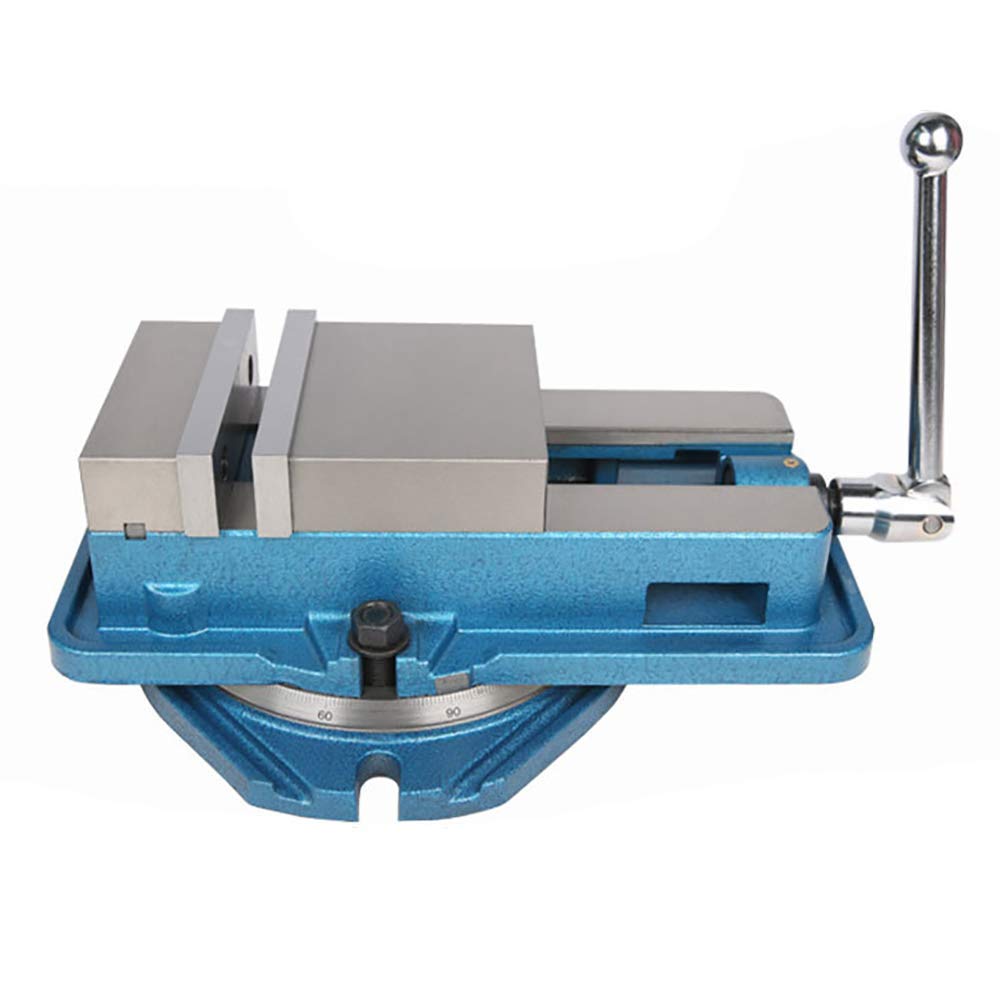 QM ACCU-Lock Precision Machine Vises With Swivel Base
QM ACCU-Lock Precision Machine Vises With Swivel Base -
 Type K-90 Degree Cone Tungsten Carbide Rotary Burr
Type K-90 Degree Cone Tungsten Carbide Rotary Burr -
 Precision V Block Set With High Quality Type
Precision V Block Set With High Quality Type -
 Type H Flame Tungsten Carbide Rotary Burr
Type H Flame Tungsten Carbide Rotary Burr -
 Precision V Block And Clamps Set With Heavy Duty
Precision V Block And Clamps Set With Heavy Duty

